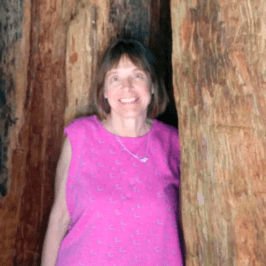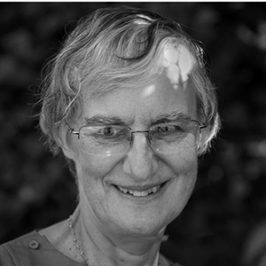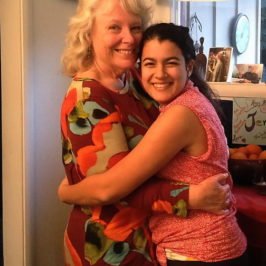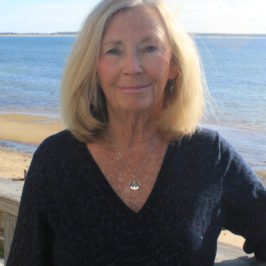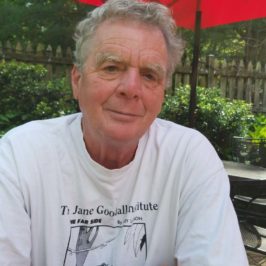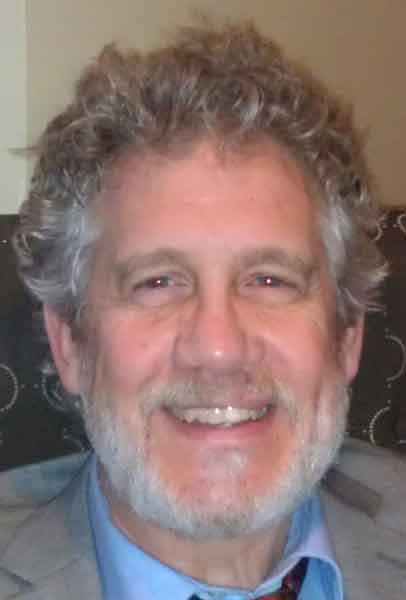
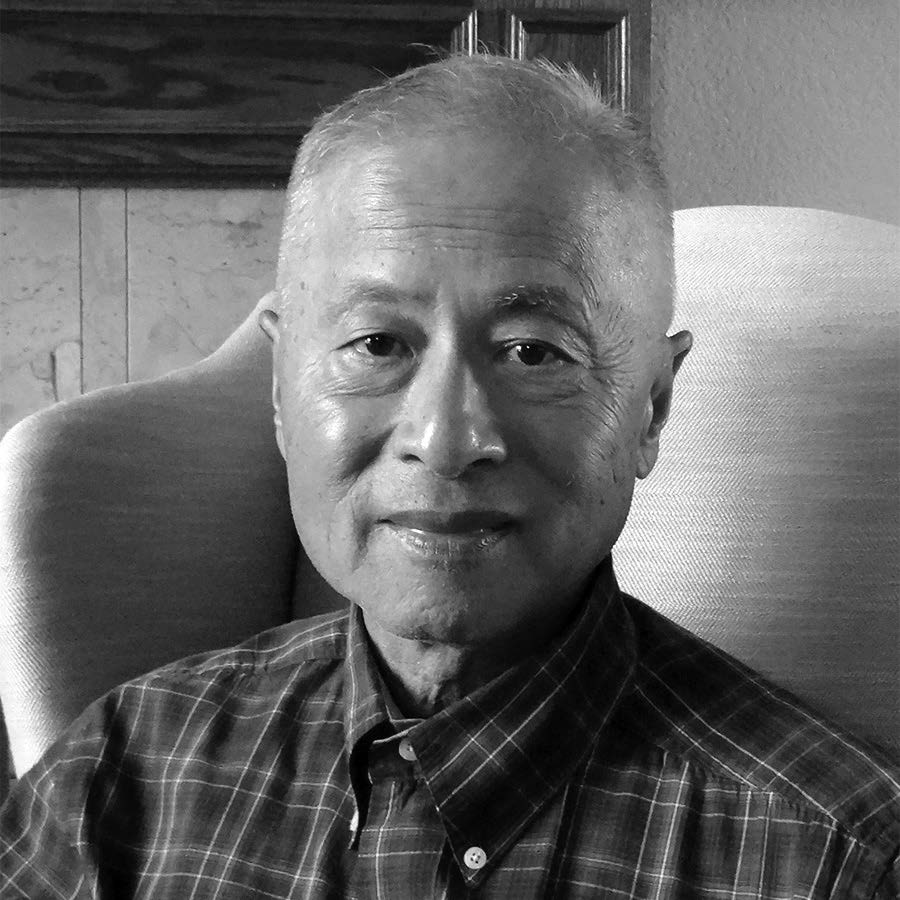
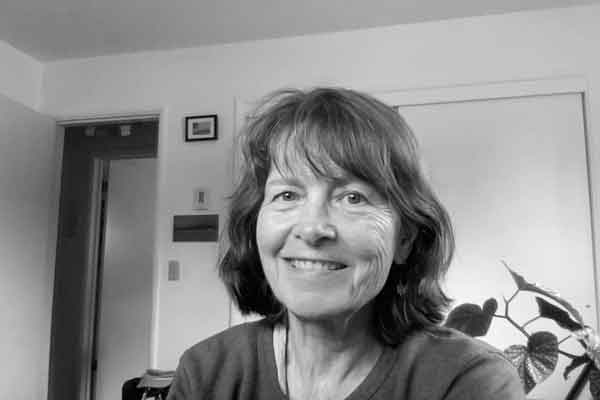
This holiday’s other implications, with pieces by D.R. James and Roy Cheng Tsung, plus a peek inside the new issue with a poem by Keli Osborn.
7 minutes
TRANSCRIPT
It’s early July. The air’s filled with the scent of barbecue, blossoms, and right around now, the smoky odor of sparklers and fireworks. It’s the Fourth of July, a.k.a. Independence Day. On this day in 1776, the 13 American colonies declared independence from English rule. Of course, it wasn’t that simple. Achieving their freedom—our freedom—resulted in a war that didn’t end until eight years later in 1783. And while we’ve learned about patriotism, Minutemen, heroes, and the necessity of war for a “good cause” in school, little was ever said about the other side of war; the part where many of those soldiers on both sides died fighting for what they deemed was right and just. And how the ones that survived and did return home were never the same afterwards.
In his poem “Civilian,” D. R. James explores what it was like to want to be a soldier but be denied access to that world.
A bad eye and flat feet like mine
always kept him home. He’d try
again, but the war in Europe, the war
in North Africa, the war
in the Pacific didn’t want him.
For fifty years I knew that eye,
its milky look of no surprise,
his stiff-legged gait, but never
such longing, such capacity for
passion beyond company quotas –
until between their deaths my mother
told her stories: all the other boys
leaving for the service, the rationing
of coffee, sugar, meat, and gasoline,
the bond-raising big bands in Cleveland’s
glitzy ballrooms, the occasional V-mail
from her brother bivouacked in Belgium,
the telegram that said he was dead.
Then just a modest wedding – It was
wartime, you know – a few days off
from the aircraft factory for the brief
honeymoon at Niagara, and back to
eighty-hour work weeks, overnight trains
to the plant in St. Louis, the beginning
of my father’s industrious silence.
“Civilian.” D. R. James. From Passager’s 2013 Poetry Contest Issue.
Throughout history, people have disagreed with the direction that their government took when it came to leading their country. During the American Revolution, the Tories, among others, took this stance. What would you do if you wholeheartedly disagreed with the decisions that your government made and had to live with the effects it had on your everyday life? Would you be able to choose between staying and being under leadership that limited your rights in unimaginable ways or your sense of freedom? Roy Cheng Tsung faced this exact dilemma. He explored it in his memoir, Beyond Lowu Bridge, about his life in mid-20th Century communist China. Here are some excerpts.
The room froze. No one looked at me. Many had their eyes down. It was a well-orchestrated kangaroo court. Although my name was not mentioned, it was clear whom he meant.
As if by signal, Party members and leading cadres rose from their seats and took turns criticizing me, omitting my name in their carefully prepared speeches. A young faculty member spoke about the evils of capitalism and the danger of becoming unemployed in Hong Kong. Then he warned, “American imperialists and their Kuomintang (Chinese Nationalist Party) lackeys use Hong Kong as a springboard for launching anti-China activities.”
He opened Mao’s Little Red Book and cited: “Whoever sides with imperialism, feudalism and bureaucrat-capitalism is a counter revolutionary.”
Everyone in the room started to chant in a lifeless, ritualistic rhythm, “Long live Chairman Mao! Down with U.S. Imperialism!” My eyes fell on the “enemies without guns” poster. The walls seemed to sway, and my whole body tensed. For a second, I felt like giving up. But I thought of my late father, who had braved the persecutions in spite of his debilitating heart condition.
An excerpt from Roy Cheng Tsung’s book, Beyond Lowu Bridge.
We started this podcast with a poem from Passager’s 2013 Poetry Contest Issue. Passager’s 2023 Poetry Contest issue will be out in September. Here from that issue, Keli Osborn’s “Buttoned-Up Vest.” The poem’s epigraph says “For H. Edwin Wheeler, 1838-1917.” He didn’t fight in the Revolutionary War, but he did fight in the Civil War.
I wasn’t always an old man.
I turned a young man’s back on Stonington,
severed two hundred years
of Johnathans and Thankfuls,
walked away from Little Narragansett Bay.
On to Wisconsin, farther still to Summit,
Yankton, the Willamette Valley—
step after step on my own two feet.
You see only the silver beard,
my unsmiling face: passage to immortality
in photographic portraits. You cannot
touch the wool, dust or smell fire’s smoke.
I volunteered in ‘61 to defend
the Union, life, liberty, the pursuit—
but what is happiness?
Marching through slaughter,
taking chase, taken prisoner?
Breathing in, reaching
for summer‘s twilight? I mustered out
to walk again this land,
love my wife, my children,
make a farm where something
might grow. In these old photos, you see
the solemn face God gave me,
but trust that I am
jubilant when you’re not looking.
And, yes, beneath my vest,
this red and beating heart.
“Buttoned-Up Vest,” Keli Osborn, from Passager’s upcoming 2023 Poetry Contest issue.
To buy Roy Cheng Tsung’s book Beyond Lowu Bridge, or to subscribe to or learn more about Passager and its commitment to writers over 50, go to passagerbooks.com. You can download Burning Bright from Spotify, Apple and Google Podcasts and various other podcast apps.
Amber Campbell-Wheeler researched and wrote the script for this episode of Burning Bright. For Kendra, Mary, Christine, Rosanne, and the rest of the Passager staff, I’m Jon Shorr.

